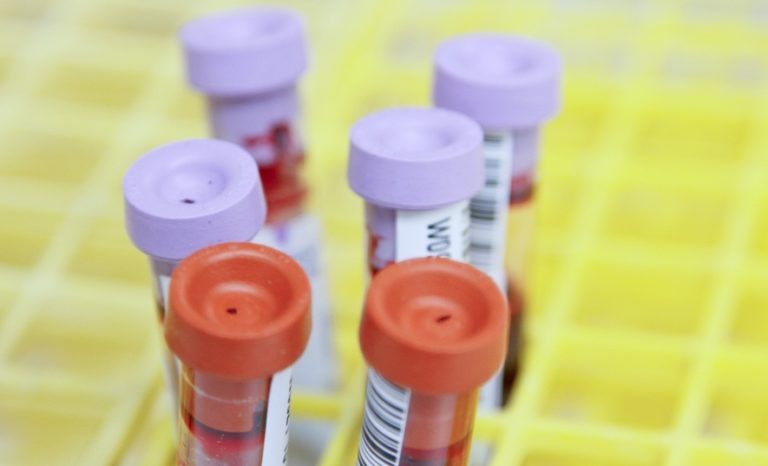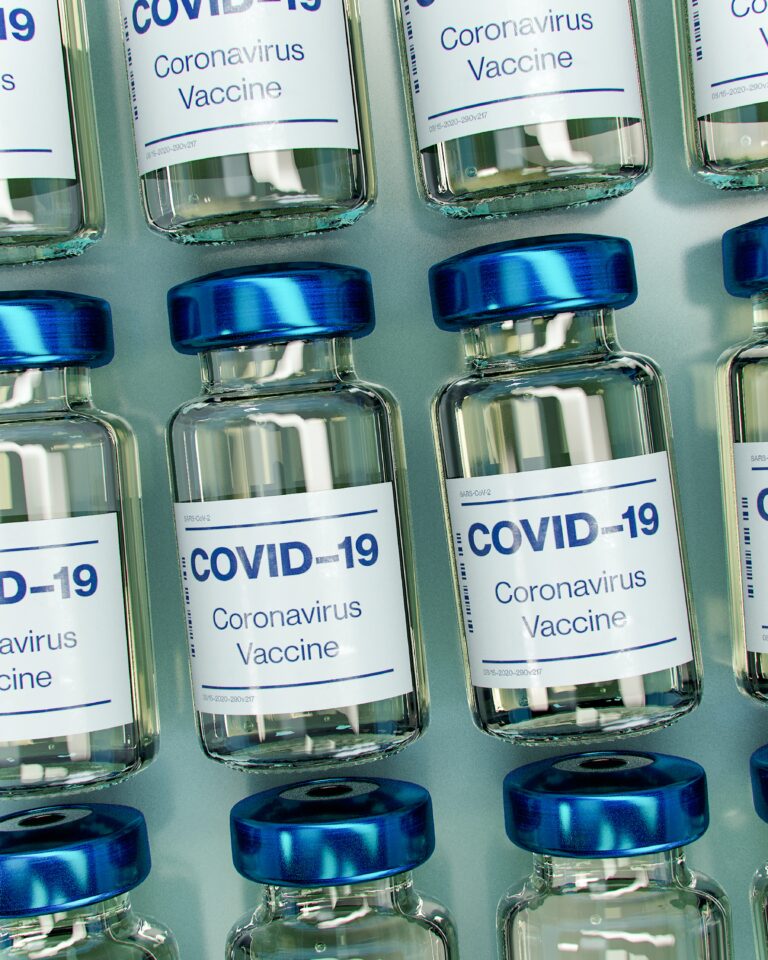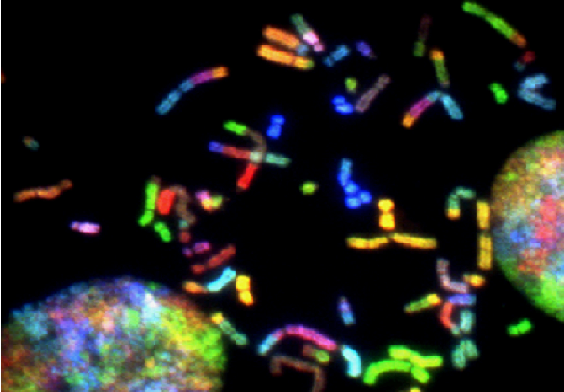July 14, 2021: “The UK Competition and Markets Authority has cleared AstraZeneca’s proposed acquisition of Alexion Pharmaceuticals, Inc. (Alexion). As a result, the acquisition is expected to close on 21 July 2021.
Following closing, the new AstraZeneca shares issued to Alexion shareholders will be admitted to listing on the premium listing segment of the official list of the UK Financial Conduct Authority (FCA) and to the secondary listing on Nasdaq Stockholm.
In addition, the new AstraZeneca American Depositary Shares (ADSs) will be admitted on the Nasdaq Stock Market.
Trading on the London Stock Exchange’s main market for listed securities, Nasdaq Stockholm and the Nasdaq Stock Market, is expected to commence on 22 July 2021.
In addition, the Alexion shares will be de‐listed from the Nasdaq Stock Market. They will be deregistered under the Exchange Act as soon as practicable following completion of the acquisition.
Marc Dunoyer, Executive Director and Chief Financial Officer, said: “We are very pleased to have secured this critical final clearance from the UK Competition and Markets Authority for the acquisition of Alexion.
We look forward to the imminent closing of the transaction so that we may pursue our shared ambition to bring more innovative medicines to patients worldwide and begin AstraZeneca’s next chapter of growth.”
The proposed acquisition, first announced in December 2020, will enhance the Company’s scientific presence in immunology by adding Alexion’s innovative complement-technology platforms and robust pipeline.
Rare diseases represent a high-growth opportunity with rapid innovation and significant unmet medical needs. Shareholders of both companies overwhelmingly voted in support of the transaction on 11 May 2021.
Subject to completing the acquisition, a group focusing on rare diseases will be created. This group will be named ‘Alexion, AstraZeneca Rare Disease’, and will be headquartered in Boston, US.
Financial considerations
AstraZeneca anticipates providing updated 2021 financial guidance for the new, combined entity in due course.
Consolidation of Alexion will start from the closing of the transaction and the first quarter of consolidated financial reporting is expected to be the third quarter of 2021 due for announcement on Wednesday 10 November 2021.
Rare diseases
Over 7,000 rare diseases are known today, and only approximately 5% have treatments approved by the US Food and Drug Administration.
Demand in medicines for rare diseases is forecasted to grow by a low double-digit percentage in the future.
Important additional information
In connection with AstraZeneca’s proposed acquisition of Alexion (the Acquisition), AstraZeneca filed a registration statement on Form F-4 with the SEC on 12 April 2021 (the Registration Statement), which has been declared effective by the United States Securities and Exchange Commission, and which includes a document that serves as a prospectus of AstraZeneca and a proxy statement of Alexion (the proxy statement/prospectus), Alexion filed a proxy statement with the SEC (the proxy statement) on 12 April 2021, and each party will file other documents regarding the Acquisition with the SEC.
Investors and security holders of Alexion are urged to carefully read the entire Registration Statement and proxy statement/prospectus or proxy statement and other relevant documents filed with the SEC when they become available, because they will contain important information.
Investors and security holders may obtain the Registration Statement and the proxy statement/prospectus or the proxy statement free of charge from the SEC’s website or from AstraZeneca or Alexion as described in the paragraphs below.
The documents filed by AstraZeneca with the SEC may be obtained free of charge at the SEC’s website at www.sec.gov.
These documents may also be obtained free of charge on AstraZeneca’s website at http://www.astrazeneca.com under the tab “Investors”.
The documents filed by Alexion with the SEC may be obtained free of charge at the SEC’s website at www.sec.gov.
These documents may also be obtained free of charge on Alexion’s internet website at http://www.alexion.com under the tab, “Investors” and under the heading “SEC Filings” or by contacting Alexion’s Investor Relations Department at [email protected].
Important notices relating to financial advisors
Evercore Partners International LLP (Evercore), which is authorised and regulated by the FCA in the United Kingdom, is acting exclusively for AstraZeneca and no one else in connection with the Acquisition and the matters referred to in this announcement and will not regard any other person as a client in relation to the matters set out in this announcement (whether or not a recipient of this announcement) and will not be responsible to anyone other than AstraZeneca for providing the protections afforded to its clients, nor for providing advice in relation to the Acquisition or any other matter referred to in this announcement.
Neither Evercore nor any of its subsidiaries, holding companies, branches or affiliates owes or accepts any duty, liability or responsibility whatsoever (whether direct or indirect, whether in contract, in tort, under statute or otherwise) to any person who is not a client in connection with the Acquisition or any statement contained in this announcement or otherwise.
Apart from the responsibilities and liabilities, if any, which may be imposed on Evercore by the Financial Services and Markets Act 2000 (FSMA), or the regulatory regime established thereunder, or under the regulatory regime of any jurisdiction where exclusion of liability under the relevant regulatory regime would be illegal, void or unenforceable, neither Evercore nor any of its affiliates accepts any responsibility or liability whatsoever for the contents of this announcement, and no representation, express or implied, is made by it, or purported to be made on its behalf, in relation to the contents of this announcement, including their accuracy, fairness, sufficiency, completeness or verification of any statement contained in this announcement or any other statement made or purported to be made by it, or on its behalf, in connection with AstraZeneca or the matters described in announcement, and nothing in this announcement is, or shall be relied upon as, a promise or representation in this respect, whether as to the past or the future.
To the fullest extent permitted by applicable law, each of Evercore and its affiliates accordingly disclaim all and any responsibility or liability whether arising in tort, contract or otherwise (save as referred to above) which they might otherwise have in respect of this announcement, or any statement contained in this announcement.
Centerview Partners UK LLP (Centerview Partners), which is authorised and regulated by the FCA in the United Kingdom, is acting exclusively for AstraZeneca and no one else in connection with the Acquisition and the matters referred to in this announcement and will not regard any other person as a client in relation to the matters set out in this announcement (whether or not a recipient of this announcement) and will not be responsible to anyone other than AstraZeneca for providing the protections afforded to its clients, nor for providing advice in relation to the Acquisition or any other matter referred to in this announcement.
Neither Centerview Partners nor any of its subsidiaries, holding companies, branches or affiliates owes or accepts any duty, liability or responsibility whatsoever (whether direct or indirect, whether in contract, in tort, under statute or otherwise) to any person who is not a client in connection with the Acquisition or any statement contained in this announcement or otherwise.
from the responsibilities and liabilities, if any, which may be imposed on Centerview Partners by the FSMA, or the regulatory regime established thereunder, or under the regulatory regime of any jurisdiction where exclusion of liability under the relevant regulatory regime would be illegal, void or unenforceable, neither Centerview Partners nor any of its affiliates accepts any responsibility or liability whatsoever for the contents of this announcement, and no representation, express or implied, is made by it, or purported to be made on its behalf, in relation to the contents of this announcement, including their accuracy, fairness, sufficiency, completeness or verification of any statement contained in this announcement or any other statement made or purported to be made by it, or on its behalf, in connection with AstraZeneca or the matters described in this announcement, and nothing in this announcement is, or shall be relied upon as, a promise or representation in this respect, whether as to the past or the future.
To the fullest extent permitted by applicable law, each of Centerview Partners and its affiliates accordingly disclaim all and any responsibility or liability whether arising in tort, contract or otherwise (save as referred to above) which they might otherwise have in respect of this announcement, or any statement contained in this announcement.”
https://www.astrazeneca.com/content/astraz/media-centre/press-releases/2021/astrazeneca-alexion-transaction-cleared-in-the-uk.html










